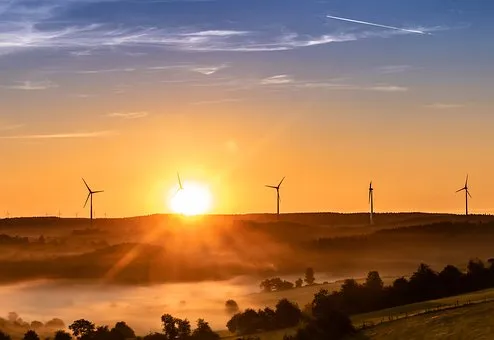With all the belt-tightening going on around the country as a result of the economic downturn, major cuts are being made to research on alternative fuels. If the trend continues, all of the strides made in green technologies and education over the last few decades will be a distant memory before long.
It is important for us, especially us students who will find ourselves at the helm of America's future, to remember what is truly important during these troubled times. The environment, its care and conscientious stewardship, is not a luxury.
According to research by Philip M. Boffey, a science writer for The New York Times, greenhouse gases have reached their highest atmospheric concentrations in at least 650,000 years and are projected to increase. Over the 20th century, the global average surface temperature rose about one degree Fahrenheit. You might think that such a small increase is insignificant, but it has already caused thawing of the frozen tundra, melting of mountain glaciers, stressing of coral reefs, and habitat changes for some species.
We need to continue the trends that would reverse, or at least forestall, accelerated climate change, not only because our lives depend on it, but because our livelihoods do, too.
In my blog post, I wrote about the possibility that so-called "green collar jobs" would provide much-needed new jobs in an otherwise shrinking economy. Green technologies are expensive; that is true. Solar power, wind power, and biofuels are still in the experimental stages of their development and require a lot of venture capital financing. Frozen credit and banking defaults have caused that venture capital to dry up fast, but it is still so important to develop these technologies so that they become more affordable and more widespread.
Renewable energy currently meets seven percent of America's energy needs, mostly because of public subsidies. The interest in alternative fuels as a national security measure is largely responsible for those subsidies, because politicians want to reduce our country's dependence on foreign oil. This number needs to grow, however, if alternative fuels can become a reality, which means that those subsidies, as well as corporate investments, must increase as well.
In voting for officials to guide us through this crisis, and in making personal choices that affect your wallet and your lifestyle, remember that environmentalism is not a luxury. With all of the ecologic, economic, and security benefits that alternative fuels promise, not investing in their research because of financial panic would be akin to shooting onself in the foot.
